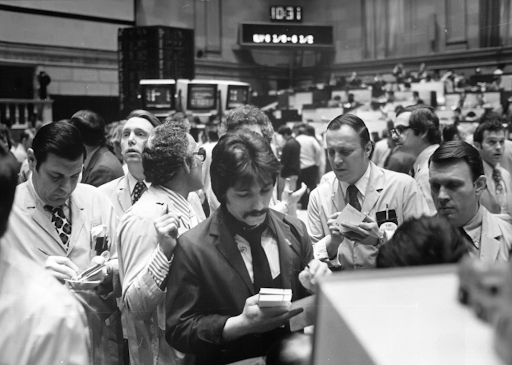What Matters in Crowdfunding

Dalton Caldwell sparked a debate about what Twitter could have been the other week. Like a disappointed uncle, he waxed on about the two paths Twitter could have taken, and how saddened he felt by their decision to become a media property, organized around advertising. But that wasn’t the only debate he triggered.
In Caldwell’s view, Twitter could have become a paid service that underpins the real-time messaging infrastructure of the internet. He felt so passionately about this that he started a kickstarter-esque campaign to marshall the support of the community to crowd-fund the project, so his company, app.net, can develop it.
While many pixels have been spilled debating the merits of his proposal, it doesn’t just raise questions about Twitter. It also raises questions about crowdfunding. His kickstarter-esque campaign is not on Kickstarter. It doesn’t fit their terms of service. Nor is it on any other crowdfunding platform. Caldwell and his team built their own platform specifically for the project. In doing so, he implicitly asked the question: what does a crowdfunding platform contribute to crowdfunding?
Caldwell generously says, he wishes he could be on Kickstarter, and it would “have a higher % chance of success if we were.” Quickly, he volunteered five reasons he would like to use a crowdfunding platform like Kickstarter.
- It’s trusted
- The UI is well known and understood
- They have marketing efforts via web & email
- Their code is all very good and tested. We had to write all of this from scratch
- A rabid fanbase
The project has raised over $110k and has fourteen days left to reach the $500k threshold. Will it succeed? If it fails, would it have been more successful if it had been on Kickstarter and joined the 46% of projects in 2011 or, as of writing this, the 44% of projects that succeed as of today on Kickstarter?
Unfortunately, we’ll never know. We can’t compare the counter-factual.
But we do know a few things. He’s raised money, so he appears to be trusted. The UI didn’t pose any problems with being understood. Hisupdates to funders and the project page appear oriented toward marketing via web & email and reflect ongoing earned media coverage. And the code, though written “from scratch,” is stable.
Twitter has been alive with discussion over Caldwell’s project and its merits. Read Write Web, TPM, Digiday and the MIT Tech Review have all covered it. And he’s converted just about 1500 supporters so far. He’s acquitted himself well and established viable substitutes for each of the qualities he’d look for in a crowdfunding platform.
Which brings us back to the original question. What does a crowdfunding platform bring to crowdfunding?
Caldwell started with five reasons to use a crowdfunding platform. He developed substitutes for all but one - the rabid fanbase. Perhaps he open-sources the software, but he can’t replicate Kickstarter's teeming community of fans and funders. We’re fourteen days away from seeing if it matters, or if the fan-base Caldwell brought to and grew through his project is sufficient.



